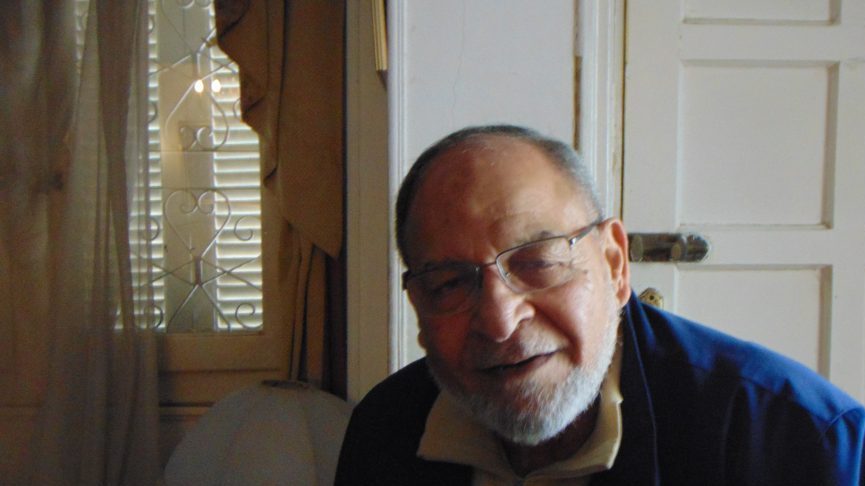Historic AFCON (Part One)
The Resurgence of Turkey
November 21, 2023
Historic AFCON (Part Two)
January 2, 2024Historic AFCON (Part One)

KODAK Digital Still Camera
By Satish Sekar © Satish Sekar (December 29th 2023)
Africa Makes Football History
When the Confédération Africaine de Football (CAF) established itself and announced its first continental competition, the first Africa Cup of Nations (AFCON), it took a huge but principled risk. There were just three participants – Egypt, Ethiopia and Sudan – even though there were four founder members of CAF. The fourth founder member, South Africa, was not permitted to play due to its racist policies – it refused to field a multi-racial team despite boasting some great non-white players too.
The first AFCON was held in Sudan in February 1957 with just three teams. Egypt won the first tournament of just three teams by thrashing Ethiopia 4-0. All four goals were scored by Mohamed Diab Al-Attar, better known as Ad-Diab. It remains the highest number of goals scored by one player in an AFCON Final. The Al-Ittihad of Alexandria striker scored 5 goals in the tournament in just two matches. Only two matches were played in this edition of the AFCON Finals – the first – as Ethiopia were awarded a 2-0 walkover win over South Africa to reach the final, and Sudan were given third place. It was the only AFCON Finals that Ad-Diab played. He died in 2016, aged 89.
Meanwhile, CAF led the sporting fight against Apartheid – a fact that has been largely ignored. Two years after the first AFCON, now playing as the United Arab Republic, Egypt retained their title – the first country to do so (all of the UAR squad of 1959 were Egyptians. The tournament was hosted in Egypt. Each team played two matches. The UAR won both of their matches, beating Ethiopia 4-0 again. The then 21-year-old Mahmoud El-Gohary scored a hat-trick in the match – and Mohamed Abdul-Latif (Mimi) El-Sherbini netted the other.

Al-Ahly’s striker El-Gohary became the first person to win AFCON as a player and a coach. He died aged 74 in 2012.
The UAR soon fell apart due to political changes in Syria. There are two survivors of that team, Al-Ahly’s Taha Ismail and Mimi El-Sherbini. The latter is 85 years-old, but unwell. They are believed to the only surviving AFCON winners from Egypt’s first triumphs on the continental stage.
The First Expansions – Ghana’s Football Revolution
The next AFCON, 1962, was held in Ethiopia. It had the first expansion from three teams to four and involved qualification – future AFCON giants Ghana and Nigeria failed to make the final four in bizarre circumstances, but that is for another day. Tunisia and Uganda made their first appearances in the AFCON Finals.
This was Ethiopia’s only AFCON triumph, and it is a controversial one as many legends of Ethiopia’s triumph were from Eritrea, then part of Ethiopia. This too is another story – a sad one. Nevertheless the Best Player of the tournament was Tersana and Egypt’s Hassan El-Shazly who scored six even though Egypt finished third. El-Shazly passed away in 2015 aged 71.
However, Ethiopian football was not allowed to celebrate their only long as the next AFCON was held just a year later, and began the domination of African Football by Ghana, who hosted for the first time.
The 1963 tournament coincided with another expansion – six teams contested the AFCON Finals, and Charles Kumi Gyamfi won the first of his record three titles as coach. He retained the title two years later in Tunisia, the last to have a six-team-finals. Congo-Leopoldville, later, Congo-Kinshasa, then Zaire and now the Democratic Republic of Congo made their debut along with Sénégal and la Côte d’Ivoire. The Elephants finished third.
Football Never Recovered – The Football Revoution Betrayed
A coup d’état in February changed Africa for ever. The late Zambian leader, Kenneth Kaunda, once said that Africa never recovered from the February 1966 coup in Ghana. You could add that African football never recovered as the destruction of Kwame Nkrumah’s Football Revolution in Ghana destroyed the successful blueprint too. Although Ghana would win two more AFCON titles, its football was never the same.
The rot began in 1968 with a surprise 1-0 triumph of Csanádi Ferenc’s Congo-Kinshasa team – the second African team after Guinea, then under the influence of its President Ahmed Sékou Touré, that the Hungarian tactician had coached.
The influence of Hungarian coaches on African football’s development is another story that needs to be told. While Csanádi may have been the first Hungarian to win AFCON – some dispute that, claiming that honour belongs to 1938 World Cup finalist and former Al-Ahly coach, Pál Titkos, with the UAR in 1959.
Csanádi took charge of the Leopards in 1967, the same year that Ghana scored the worst own goal in the history of AFCON. Despite winning two successive AFCONs, Gyamfi was seen as part of Nkrumah’s legacy – even in 2008 Nana Kumi Gyamfi as he was then known sill had great respect for Nkrumah and the Sports Minister, the late Dr Ohene Djan. That cost him the chance he deserved to win three successive tournaments.
A Brasilian fitness instructor had just qualified as a coach. The African champions was his first major job in coaching. At best he should have been on Gyamfi’s staff learning from the acknowledged master of African coaching. Instead, Carlos Alberto Parreira, who would become a FIFA World Cup winning coach, oversaw the defeat to the Leopards. Nevertheless, the roots of Nkrumah’s Football Revolution were so strong that Ghana reached their fourth consecutive final of AFCON in 1970, controversially losing to hosts Sudan – their only AFCON triumph. Ghana refused to collect their medals and were expelled from Sudan. It began the doldrum years for Ghana.

